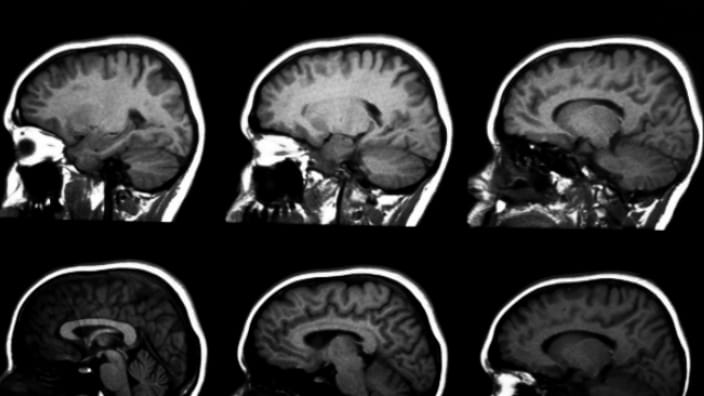Black people more likely to live close to a quality stroke center, but less likely to receive the best care, study finds
There are also far fewer centers in low income and rural communities than there are in high income and urban communities.
Residents in predominantly Black neighborhoods are more likely than those in predominantly white locales to live near a hospital with a certified stroke center, yet are more likely to receive “care at a less-resourced hospital” — diminishing the likelihood of their recovery — according to a study led by researchers from the University of California, San Francisco.
Researchers found that Black Americans are 1.67 times more likely to live close to hospitals with specialty stroke centers, however when taking into account population and hospital-bed capacity, they were 26% less likely to receive treatment in these same centers because of other issues related to their care.
A new study has found that residents in predominantly Black neighborhoods are more likely than those in predominantly white locales to live near a hospital with a certified stroke center but are also more likely to receive less quality care. (Photo: AdobeStock.com)
The study titled, Structural Inequities for Historically Underserved Communities in the Adoption of Stroke Certification in the United States, is published in the June 27, 2022 edition of JAMA Neurology.
“Black, racially segregated communities tended to cluster in areas with large populations, where stroke care must accommodate a much higher level of demand,” said Renee Hsia, MD, MSc, of the Department of Emergency Medicine at UC San Francisco, who led the research. “Crowding may prevent patients from accessing the stroke center, and even if they do access it, they may not be able to be seen as quickly due to shortages of beds, critical care physicians, nurses and equipment.”
Another disparity that researchers found was that low-income communities had significantly less access to a stroke center than high-income communities. Similarly, rural areas had far less access to these centers than urban areas.
Hsia noted that the main considerations in opening stroke centers should be population size and necessity, which is not the case. “Currently, the distribution of stroke care is more motivated by profit potential, rather than community need,” she maintained.
“We found that for many in low-income, minority and rural communities, specialized stroke services are not even an option. Policymakers may want to consider how they can reduce financial barriers for hospitals in these communities where certified stroke centers are needed.”
To arrive at their results, Hsia and her colleagues monitored during a 10-year period between 2009 and 2019 patient demographics of hospitals across the country with stroke certification centers. Ten percent of the hospitals served predominantly black communities.
TheGrio is FREE on your TV via Apple TV, Amazon Fire, Roku, and Android TV. Please download theGrio mobile apps today!
The post Black people more likely to live close to a quality stroke center, but less likely to receive the best care, study finds appeared first on TheGrio.

